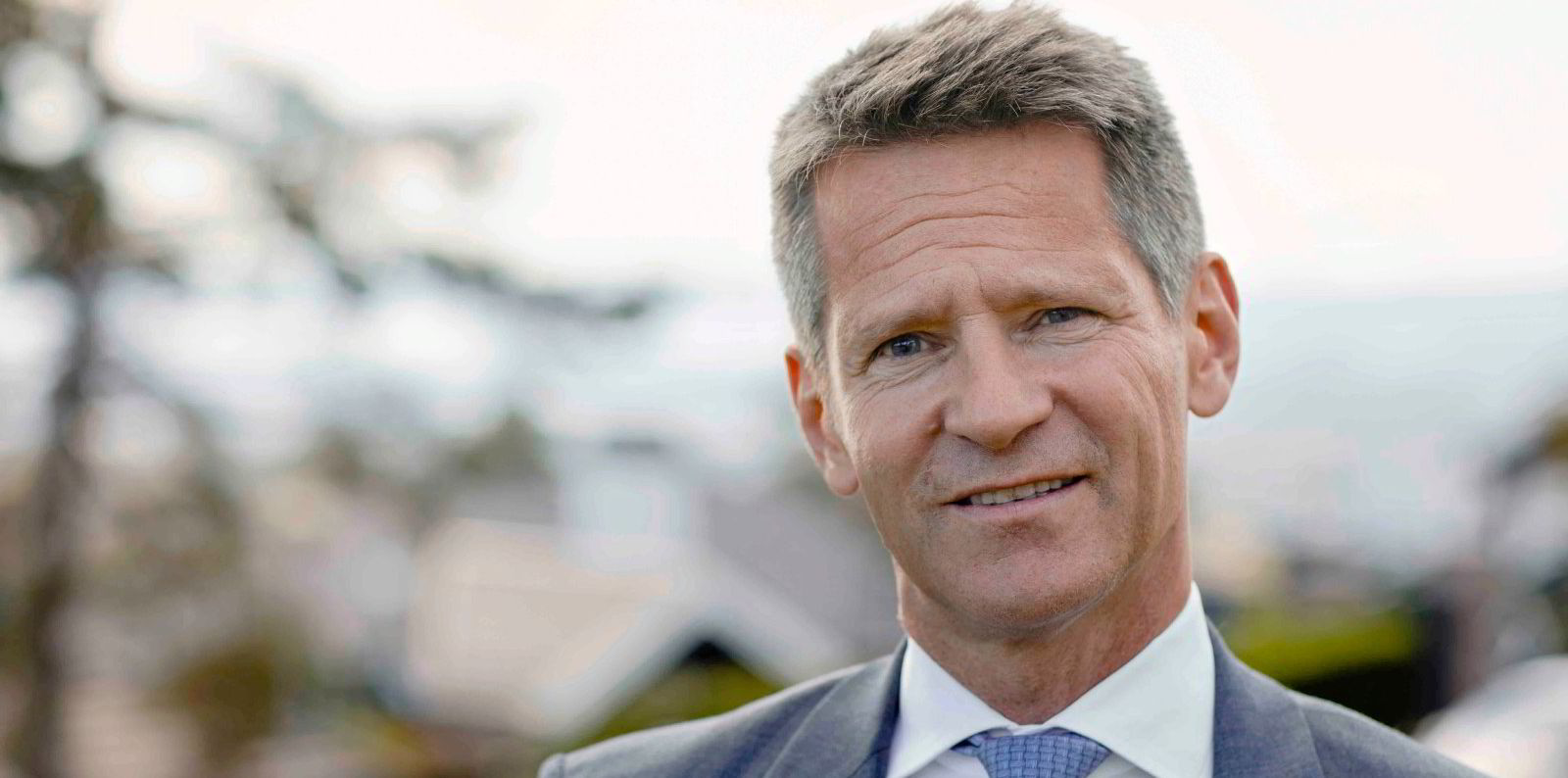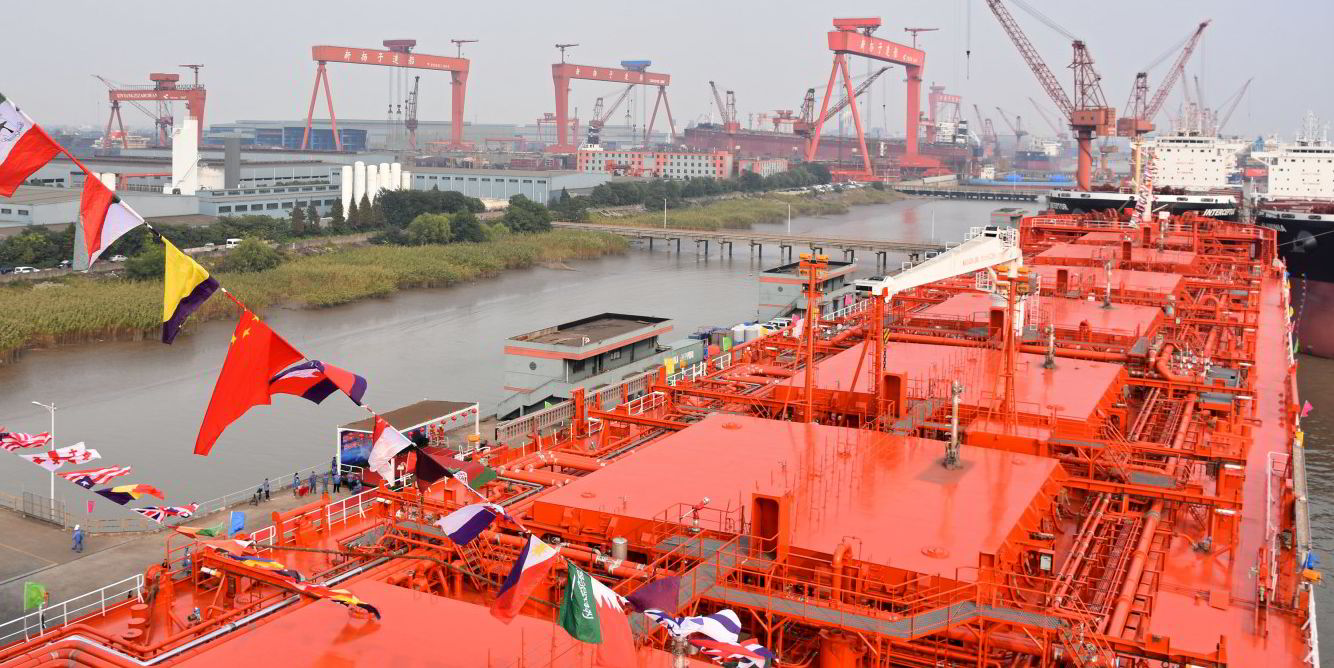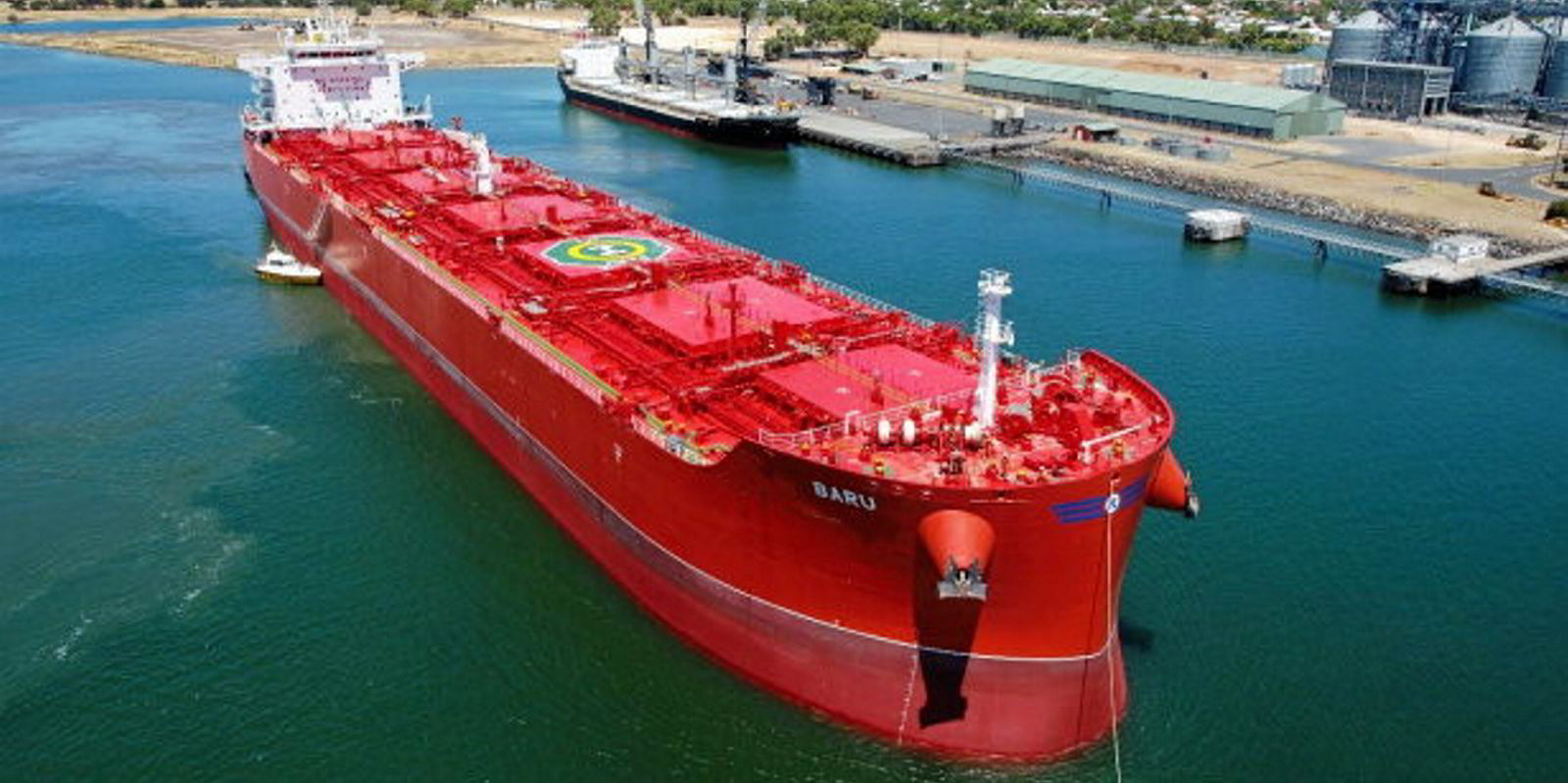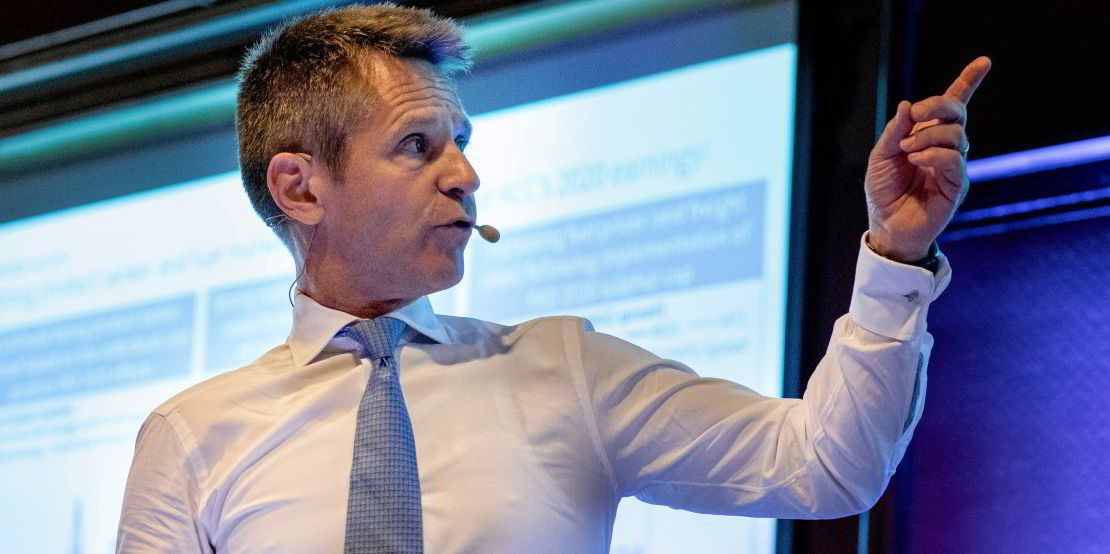Carbon-conscious Klaveness Combination Carriers (KCC) has reported its best-ever annual result and has announced a new contract with Brazil’s Raizen that could boost its already high utilisation figures further.
The Oslo-listed shipowner reported net profit of $60m last year, some 170% over 2021 and the biggest bottom line in the five years since private Thorvald Klaveness spun it off.
The company’s strategy of cutting carbon emissions by minimising ballast voyages has paid off, producing 1.4 times the time-charter equivalent (TCE) earnings of pure bulkers or pure tankers, averaged over the past five years. TCE earnings were nearly $29,800 per day in 2022.
But that rate no longer beats pure tankers, so the Norwegian shipowner is taking a hard look at taking one ship out of its trademark dry-wet operations to lock in booming time-charter rates.
Such a step will have to affect its reporting of utilisation and ship efficiency figures, which are a key performance indicator and selling point for its 16-ship fleet.
The eight “Cabu” ships are built for carrying dry bulk and caustic soda and spent just 13% of their operational days in ballast. Eight newer “Cleanbu” ships, built for dry bulk and clean petroleum product cargoes, spent just 12% of days in ballast in the fourth quarter..
KCC chief executive officer Engebret Dahm declined to comment further on the possible time charter, which he disclosed to investors in an online presentation today of fourth-quarter and full-year 2022 results.
Meanwhile, the company has announced a new contract of affreightment (COA) with Brazil’s Raizen that could grow to significant volumes of both dry and wet cargoes for the Cleanbu ships.
Raizen, as a conglomerate whose business lines include automobile fuel distribution and sugar production, matches particularly well with the KCC fleet as it can both receive tanker cargoes and load dry cargoes on the combination carriers, some of them from the port.
Dahm said that the result is emissions savings of up to 40% per tonne shipped, as compared to shipment on conventional tonnage.

Sao Paulo-listed Raizen, originally formed as a joint venture of Royal Dutch Shell and Brazil’s Cosan, has been testing out KCC since 2021 with Shell as the vetting agent. Last year KCC carried seven Raizen cargoes.
Dahm would not be drawn on the COA volumes, which have not been disclosed.
“The minimum volumes under the COA are not enormous, but there is a mechanism to expand them by mutual agreement, and we hope to grow them over time,” Dahm told TradeWinds.
In the quarter ending 31 December 2022, KCC earned a net $15.3m on net revenue from vessel operations of $44.4m. A year before, the fourth-quarter result was $15.1m on $34.6m.
“We are very satisfied,” Dahm told TradeWinds. “That result is a product of a strong market − the strong dry-bulk market of the first half and the strong tanker market from the second quarter onwards −, but it is also a sign that we have put our Cleanbus to work and the market has accepted them.”
The last of the eight Cleanbu vessels was delivered in January 2021 from Jiangsu New Yangzijiang shipyard in China.





